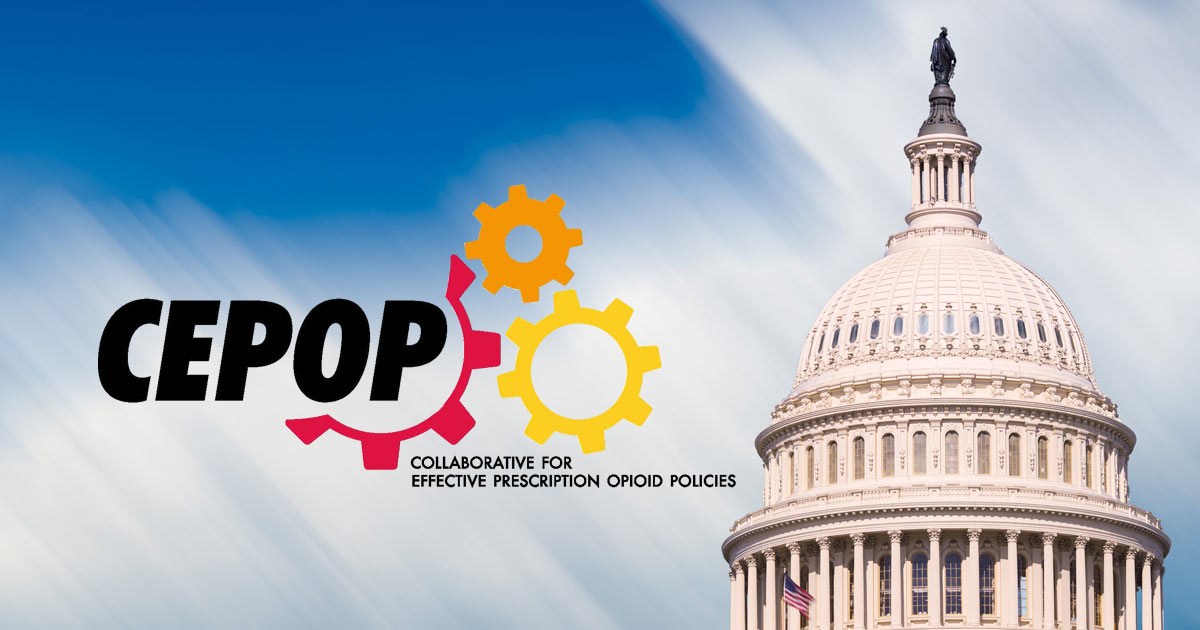HHS Awards Grants for Youth Mental Health and Expanding Access to Treatment for Substance Use Disorders
Last week, the Department of Health and Human Services (HHS) awarded $88 million in grants to programs dedicated to improving youth mental health and expanding access to substance use disorder (SUD) treatments. These grants fall under the HHS’ Overdose Prevention Strategy and the Biden-Harris Administration’s National Drug Control Strategy. On the grants, Secretary of HHS Xavier Becerra said, “The United States is currently facing an unprecedented mental health crisis, with young people being especially impacted. These grant programs will help all Americans get the support and care they need.” Below is a breakdown of how funds were dispersed to SUD programs and a summary of each program.
- Transforming Lives Through Employment received $4.6 million to support programming to increase employment for individuals with mental health disorders and SUD.
- Assertive Community Treatment received $4.7 million to support youth and adults with serious mental health issues to reduce hospitalization, mortality, substance use, homelessness and crime.
- Grants for the Benefit of Homeless Individuals received $15.3 million to provide evidence-based treatment for those experiencing homelessness with mental health disorders and/or SUD.
- Provider’s Clinical Support System Grants received $3 million to train providers on medication for opioid use disorder and alcohol use disorder, and to educate providers on how to identify and treat addiction.
- Improving Access to Overdose Treatment Programs received $1.4 million to implement community-based prescriber trainings on best practices for prescribing FDA-approved overdose reversal medications to expand access.
Articles & Resources
HHS—The Biden-Harris Administration Awards More Than $88 Million in Grants that Safeguard Youth Mental Health and Expand Access to Treatment for Substance Use Disorders
NGA Releases Roadmap to Tackle Drug Overdose Epidemic
Last week the National Governors Association (NGA) released a roadmap for Governors and state officials with recommendations for developing an overdose prevention strategy to combat the overdose epidemic. The roadmap includes evidence-based recommendations for states to consider as they to address concerns in five key health services categories: foundations, prevention, harm reduction, treatment, and recovery. The recommendations support federal, state and local involvement, community engagement, and perception adjustment. The roadmap also highlights best practices from 10 states. NGA’s last roadmap was released in 2016 and focused on heroin, and this version has been updated to include evolving concerns such as the increase in illegally manufactured fentanyl and increases in overdoses of minors.
Articles & Resources
NGA—NGA Releases Roadmap for Tackling Overdose Epidemic
NGA—Implementing Best Practices Across The Continuum of Care to Prevent Overdose
NGA—A Roadmap for Governors: Implementing Best Practices Across the Continuum of Care to Prevent Overdose (PDF)
What We Read Last Week
Several articles were published last week pertaining to the opioid epidemic, covering a variety of different components of the topic. Links to relevant articles are provided below.
Axios—Americans’ biggest fears: Opioids surge past guns in Axios-Ipsos poll
The Economist—How dangerous is tranq, the new drug sweeping America?
KFF—KFF Poll: Three-in-Ten People Say They or Someone in Their Family Has Been Addicted to Opioids, with Rural Families Hit Hardest
The New York Times—Opioid Settlement Money Is Being Spent on Police Cares and Overtime
The New York Times—Serve A Drink Then Save A Life: This Is Restaurant Work During the Opioid Epidemic
NPR—Caring for people with fentanyl addiction often means treating terrible wounds
This Week’s Calendar
In the week ahead, there are no relevant events or hearings noticed at this time. In the event that there are any changes to the schedule for this week, we will make additional information available.
Questions about the above content can be directed to [email protected].

